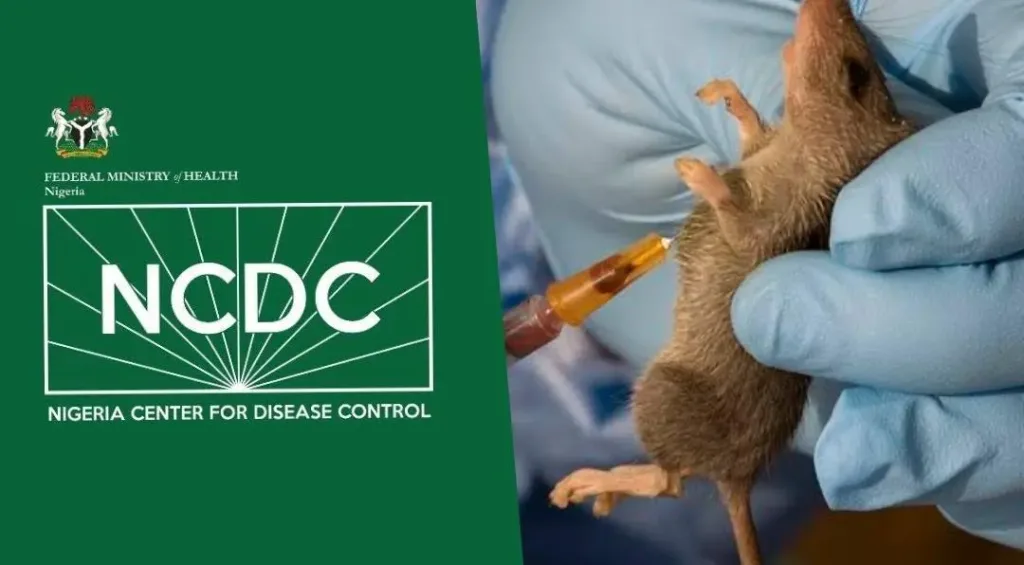Nigeria’s public health authorities have issued renewed warnings over a concerning spike in deaths from Lassa fever in 2025, despite a marked decline in overall infections compared to previous years. Latest data reveals a growing disconnect between case numbers and fatalities, signaling systemic challenges in managing the viral illness.
As of August 3, 2025, the Nigeria Centre for Disease Control and Prevention (NCDC) confirmed 836 infections and 156 deaths this year, yielding a case fatality rate of 18.7% — higher than the 17.3% recorded during the same period in 2024. While suspected cases dropped to 6,851 across 21 states and 105 local government areas, the uptick in deaths underscores vulnerabilities in healthcare access and hygiene infrastructure. Ondo, Bauchi, Edo, Taraba, and Ebonyi states account for 90% of confirmed cases, with young adults aged 21–30 disproportionately affected.
The NCDC attributes the rising mortality to delays in seeking treatment, financial barriers to healthcare, and poor sanitation in high-risk zones. In response, the agency has deployed ten National Rapid Response Teams, distributed contact thermometers, and rolled out digital training programs for healthcare workers. Targeted awareness campaigns are intensifying in hotspots, with public messaging now integrating broader infection prevention strategies.
“This trend is a call for sustained action,” the agency stated, urging state governments to prioritize year-round community engagement and capacity-building for early detection. Healthcare providers were advised to maintain heightened vigilance for symptoms, particularly in endemic regions. Though 2025 case numbers remain lower than 2024’s totals, officials warn that persistent fatalities highlight gaps requiring urgent, long-term solutions.
Lassa fever, transmitted through contact with rodents or bodily fluids of infected individuals, remains endemic in West Africa. Nigeria’s experience mirrors regional challenges, where limited resources and seasonal outbreaks strain public health systems. The NCDC’s latest appeal emphasizes the need for preemptive measures amid fears that complacency could deepen the crisis despite progress in curbing infections.
